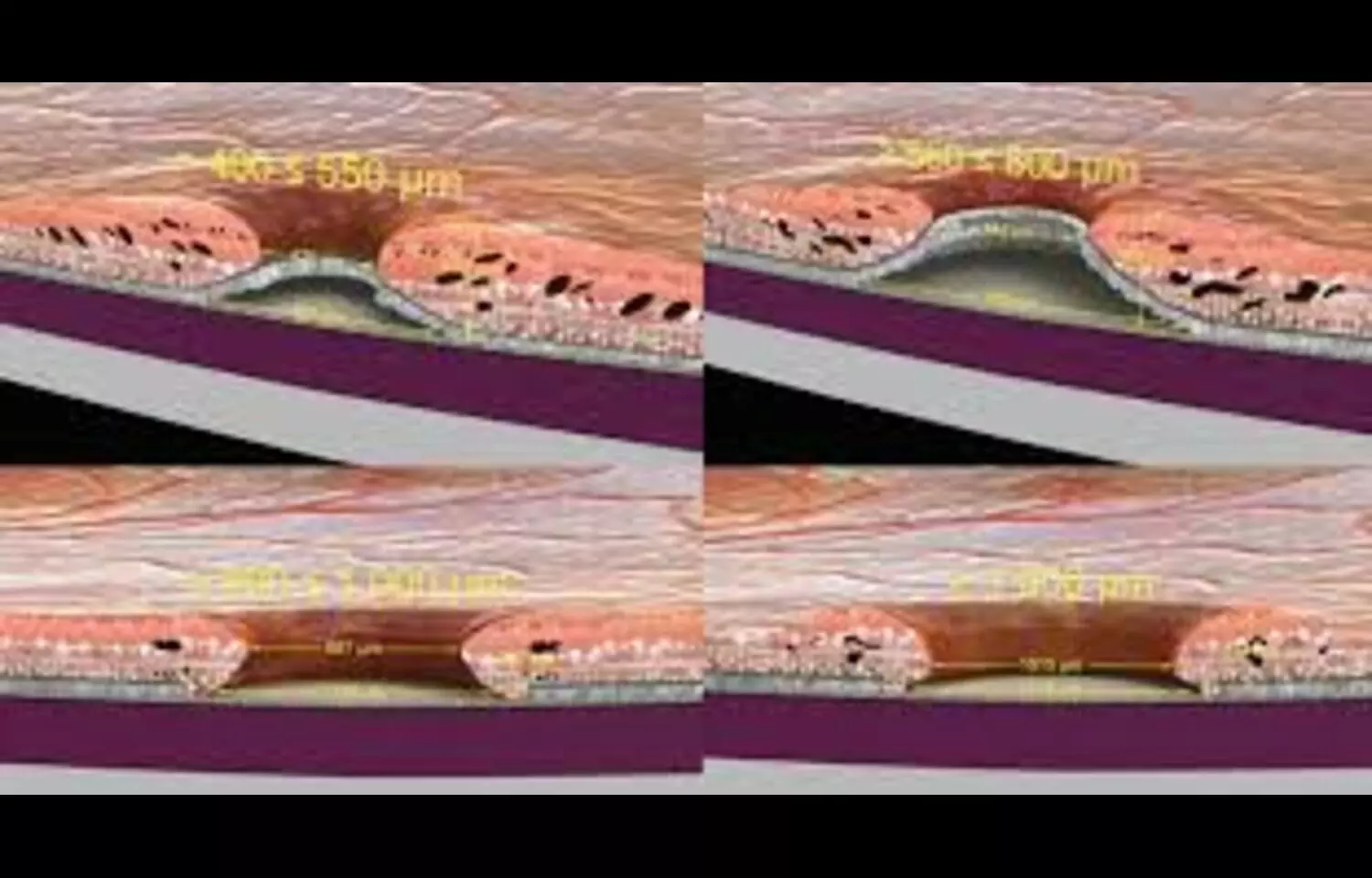Dyslipidemia Linked to Delayed Macular Hole Closure After Surgery: Study
- byDoctor News Daily Team
- 03 November, 2025
- 0 Comments
- 0 Mins

Researchers have found in a new study that dyslipidemia may impair postoperative retinal recovery by delaying macular hole closure, suggesting a role for systemic metabolic dysfunction in surgical outcomes. The study, published inBMC Ophthalmology, evaluated patients undergoing macular hole surgery and analyzed their lipid profiles in relation to healing times. Patients with elevated cholesterol, triglycerides, or other lipid abnormalities were more likely to experience slower closure of the macular hole, highlighting the impact of metabolic health on ocular recovery. These findings emphasize that systemic conditions such as dyslipidemia may influence the success of otherwise standard surgical procedures. The researchers proposed several mechanisms linking dyslipidemia to delayed retinal repair. Lipid imbalances can promote inflammation, oxidative stress, and impaired microcirculation, all of which may interfere with the delicate process of retinal tissue regeneration after surgical intervention. In addition, altered lipid metabolism may affect cellular energy homeostasis and extracellular matrix remodeling, further slowing the healing process. The study suggests that addressing systemic metabolic factors could improve recovery, especially in patients with persistent or recurrent macular holes. While the research highlights important associations, the authors note that prospective studies are needed to confirm causality and explore optimal lipid-lowering strategies as adjunctive therapy. In conclusion, this study underlines the connection between metabolic health and ocular surgical outcomes. Monitoring and managing dyslipidemia before and after macular hole surgery may enhance postoperative recovery and reduce the risk of delayed closure. Integrating systemic metabolic care with ophthalmic interventions could provide a more holistic approach to retinal surgery, potentially improving long-term visual outcomes. The authors advocate for future clinical trials to refine intervention strategies and determine whether lipid-lowering therapy can be a routine adjunct in macular hole management. Keywords:dyslipidemia, macular hole, macular hole surgery, retinal recovery, lipid metabolism, delayed closure, systemic metabolic dysfunction, BMC Ophthalmology, Li
Disclaimer: This website is designed for healthcare professionals and serves solely for informational purposes.
The content provided should not be interpreted as medical advice, diagnosis, treatment recommendations, prescriptions, or endorsements of specific medical practices. It is not a replacement for professional medical consultation or the expertise of a licensed healthcare provider.
Given the ever-evolving nature of medical science, we strive to keep our information accurate and up to date. However, we do not guarantee the completeness or accuracy of the content.
If you come across any inconsistencies, please reach out to us at
admin@doctornewsdaily.com.
We do not support or endorse medical opinions, treatments, or recommendations that contradict the advice of qualified healthcare professionals.
By using this website, you agree to our
Terms of Use,
Privacy Policy, and
Advertisement Policy.
For further details, please review our
Full Disclaimer.
Recent News
Gum disease could silently cause serious brain dam...
- 03 November, 2025
Can Early-Day Fasting Significantly Boost Metaboli...
- 03 November, 2025
Delhi HC bars doctor from running medical centre d...
- 03 November, 2025
Daily Newsletter
Get all the top stories from Blogs to keep track.


0 Comments
Post a comment
No comments yet. Be the first to comment!